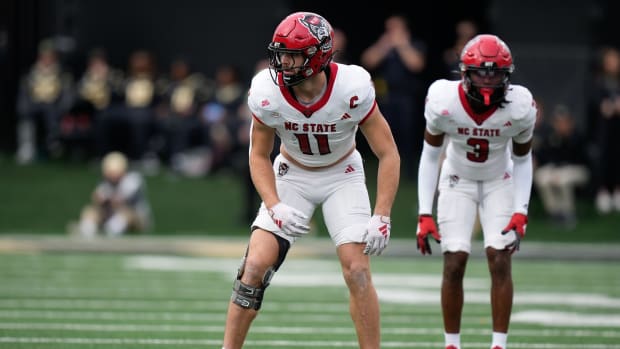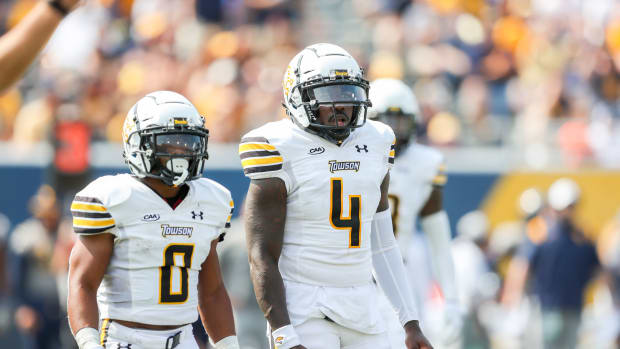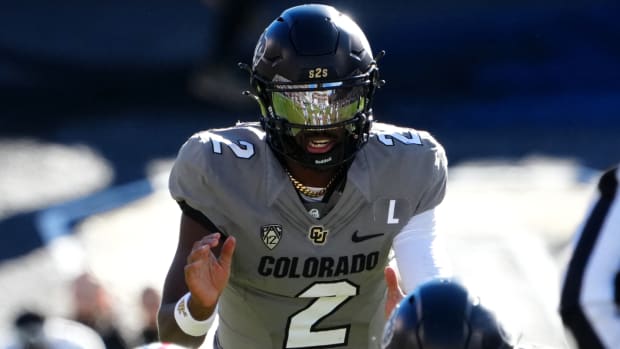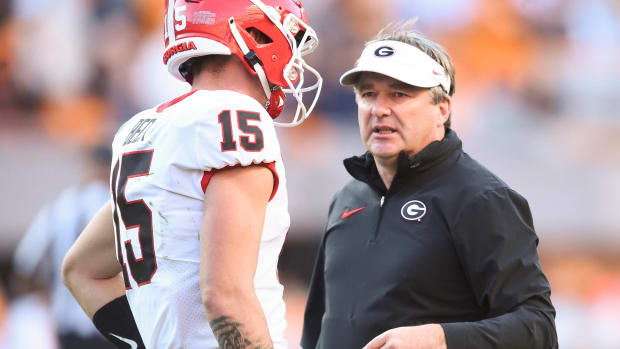No Wolfpack Players on ESPN's Top 150 List
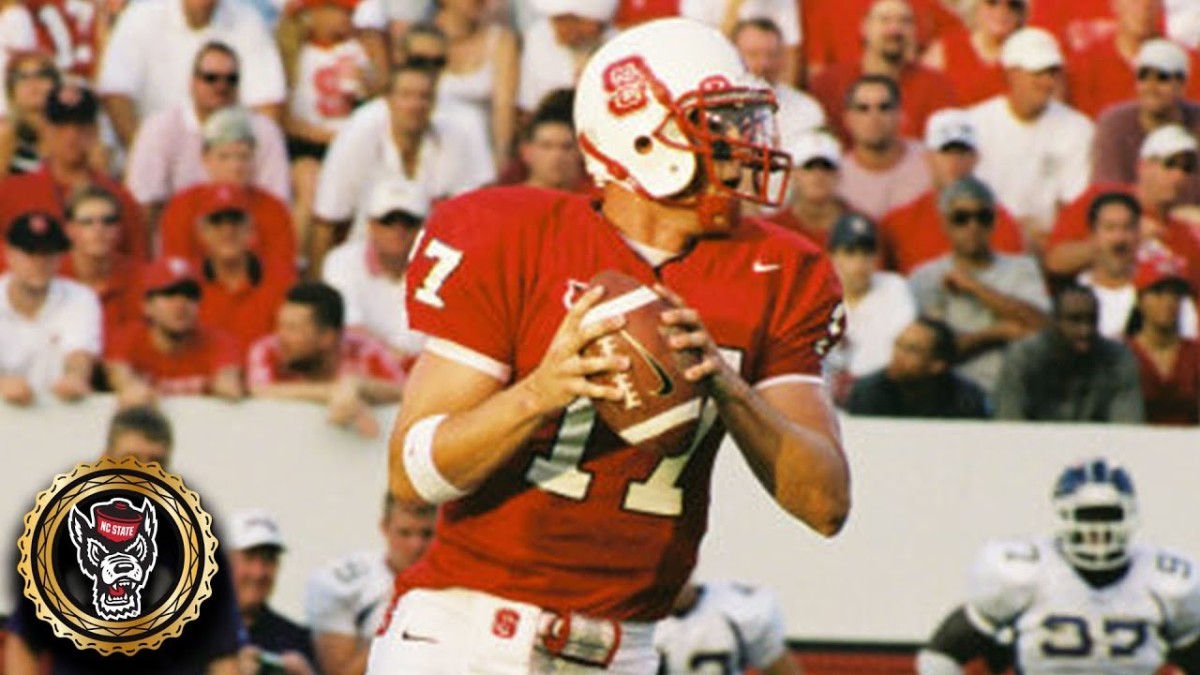
In celebration of college football's 150th anniversary, ESPN has put together a list of what it considers the 150 best players in the history of the game.
It's a comprehensive list that includes all the usual suspects, topped by Syracuse's legendary running back Jim Brown.
But there's at least one glaring omission. Not a single NC State player was mentioned.
Not Ted Brown. Not Roman Gabriel. Not any of the six Wolfpack greats that have been inducted into the College Football Hall of Famers.
Here's a look at some of those that were snubbed and their case for inclusion on ESPN's list:
Ted Brown (running back 1975-78)
Brown many not have made ESPN's list of the 150 best college players of all-time, but he is near, if not at the top of the list of history's most underappreciated stars.
The rugged running back, who often left pieces of his trademark tearaway jersey in the hands of would-be tacklers, amassed 4,602 yards and scored 49 touchdowns during his four seasons with the Wolfpack. His yardage total remains an ACC record nearly a half century after he set it.
Despite that gaudy number and the fact that he was a four-time first-team All-ACC selection, as well as a consensus All-American after his senior season, it took him until 2013 to finally earn his deserved induction into the College Hall of Fame.
Why did he not make ESPN's list?
Perhaps it's because of name recognition or that he didn't carry his college success over to the NFL (even though that shouldn't matter) as several of those who were mentioned did. Consider that Brown gained more yards in college than both San Diego State's Marshall Faulk (4,589) and SMU's Eric Dickerson (4,450), who were ranked No. 36 and 49 respectively.
Philip Rivers (quarterback 2000-03)
Unlike Brown, Rivers' omission has little to do with name recognition or performance at the next level. Rather, it's for the same reason he finished only seventh in the voting for the Heisman Trophy -- even though he completed 72 percent of his passes for 4,491 yards and 34 touchdowns.
He simply didn't play at a brand name school.
Among those that finished above him were the eventual winner from Oklahoma -- Jason White, who threw for only 3,846 yards with a 61 percent completion rate -- a players from Pittsburgh, Michigan, Southern Cal and a guy named Manning (Eli, from Ole Miss). There's a good chance that if Rivers had played at one of those schools or had a famous brother pave the way before him, perhaps he would have at least placed high enough to make it to the ceremony in New York.
As for ESPN's list, Rivers' career totals of 13,484 yards, 95 touchdowns and 63.6 percentage are significantly higher than those of No. 28 Doug Flutie (10,579, 67, 52.8%) and No. 67 Dan Marino (8,597, 79, 57.6%).
Jim Ritcher (center, 1976-79)
Ritcher, who was responsible for opening up a lot of the holes through which Brown ran, has the misfortune of the position he played.
While the College Football Hall of Famer is universally acknowledged as one of the best centers ever to play the game -- having twice earned consesus All-America recognition while winning the Outland Trophy as the nation's best college interior lineman as a senior in 1979 before going on to a standout pro career with the Buffalo Bills -- sadly, only two centers were named to ESPN's top 150.
They are Dave Rimington, for whom the award that honors the nation's best center is named, and Chuck Bednarik, who played also played defense during the era of one-platoon football from 1945-48.
Dennis Byrd (defensive tackle, 1965-67)
While Ritcher was a victim of the position he played, Byrd -- perhaps the most dominant player ever to suit up for the Wolfpack -- is a victim of the era in which he played.
Sacks weren't an official stat back in the mid-1960s, so there is no record to quantify just how disruptive Byrd was to opposing quarterbacks. But was the first three-time first-team All-ACC player in conference history and an All-American in both his junior and senior seasons while becoming the face of State's famed "White Shoes Defense."
Byrd was named to the ACC's All-50th Anniversary team and inducted into the College Hall of Fame in 2010.
Because of a knee injury suffered late in his college career, Byrd played only one professional season -- with the Boston Patriots of the old AFL -- another factor that prevented him from becoming well enough known to the panel of "experts" that compiled the list to be included on it.


